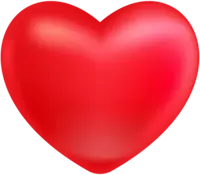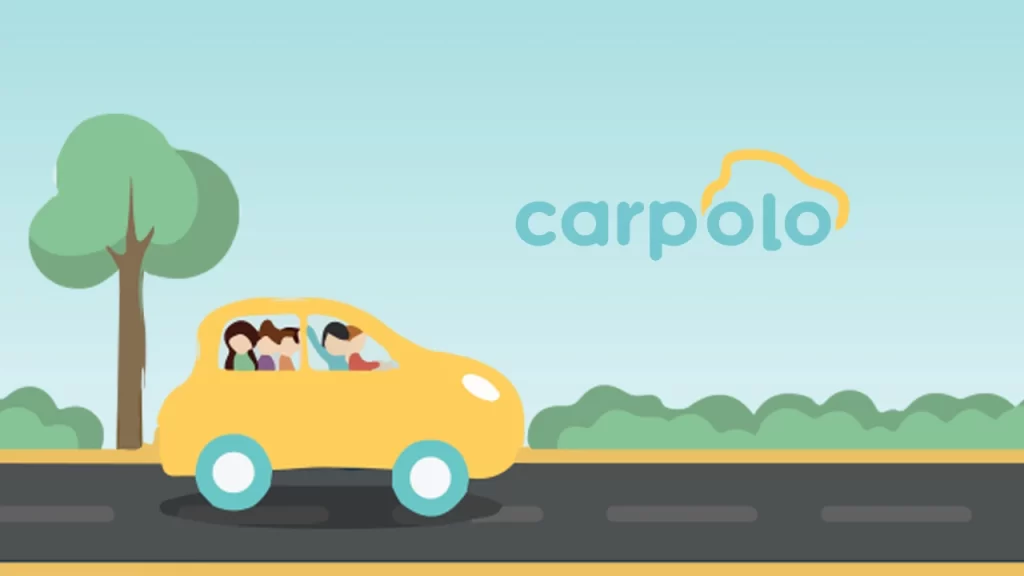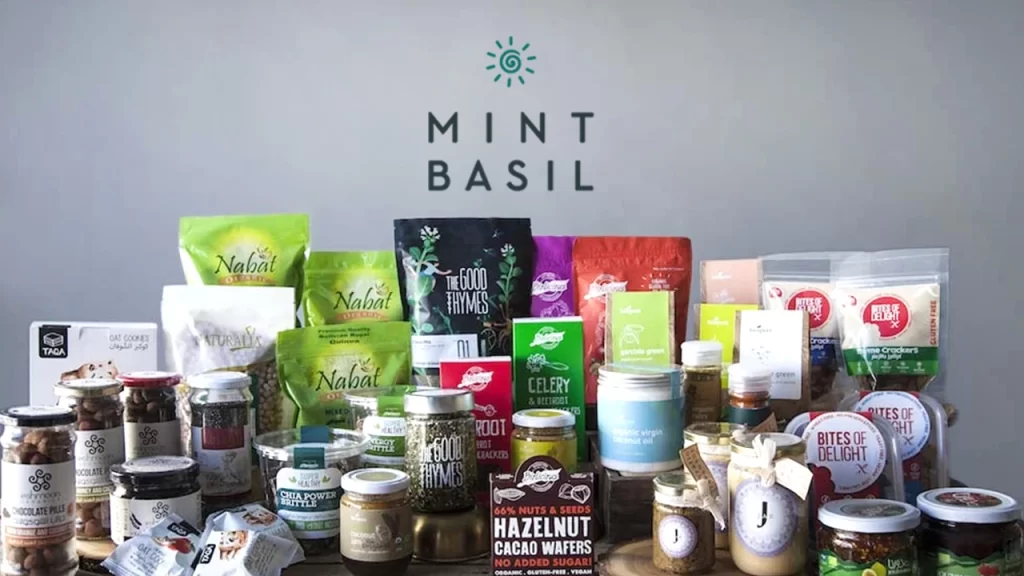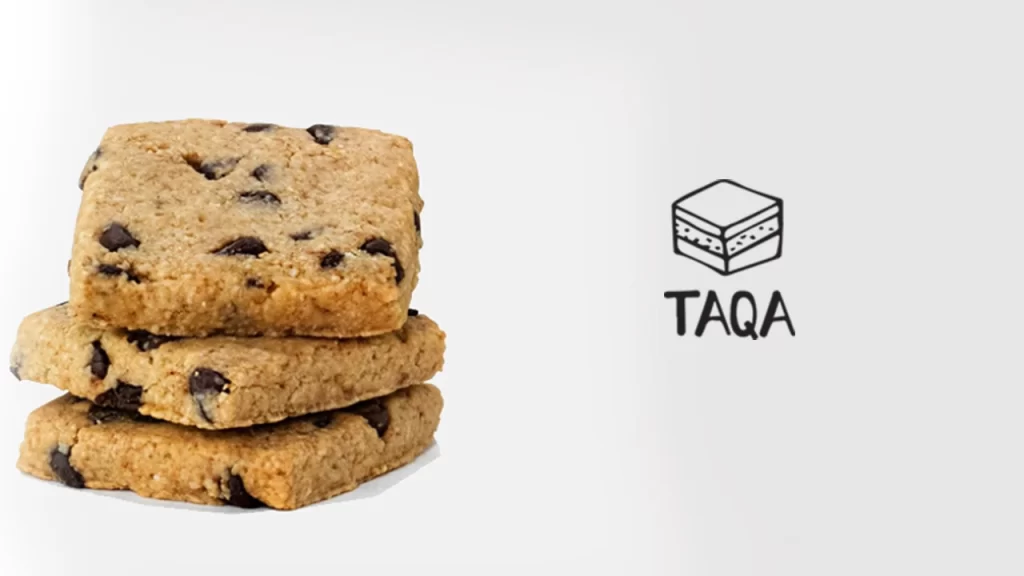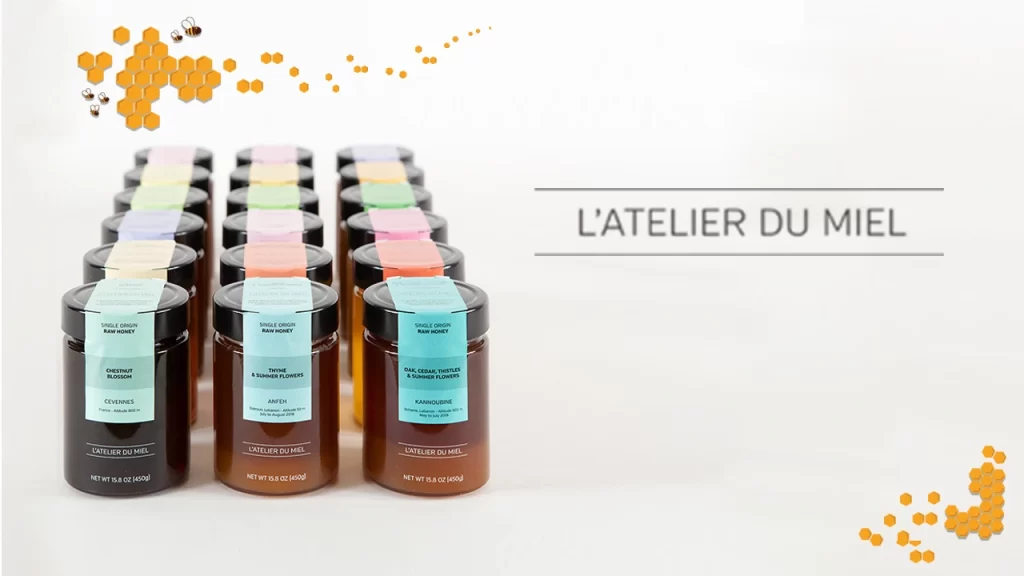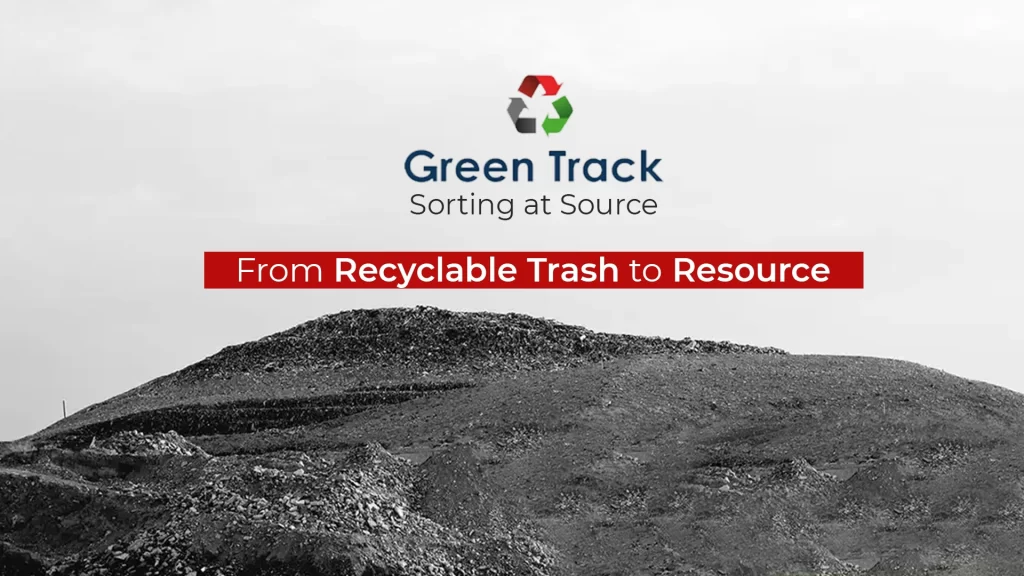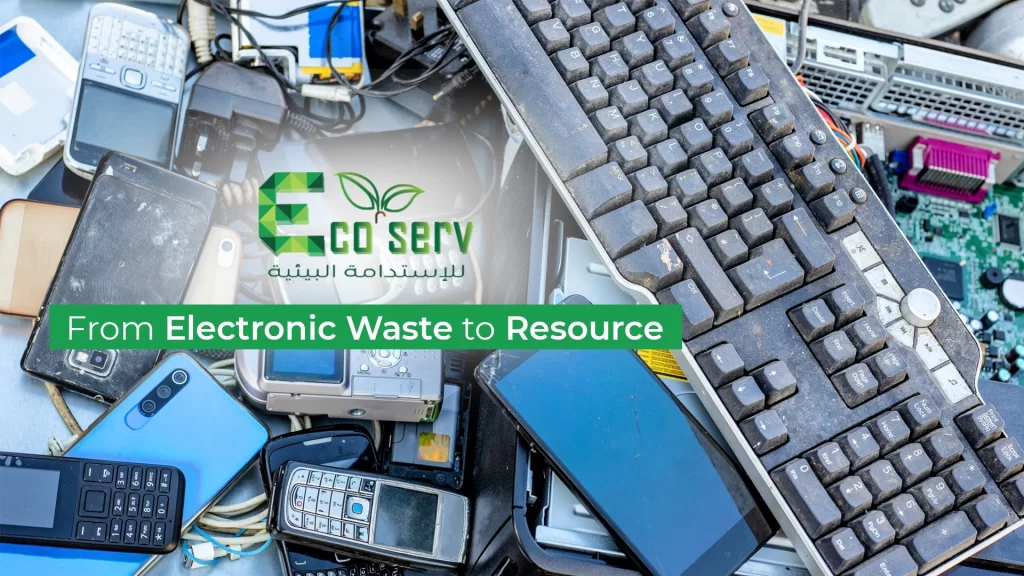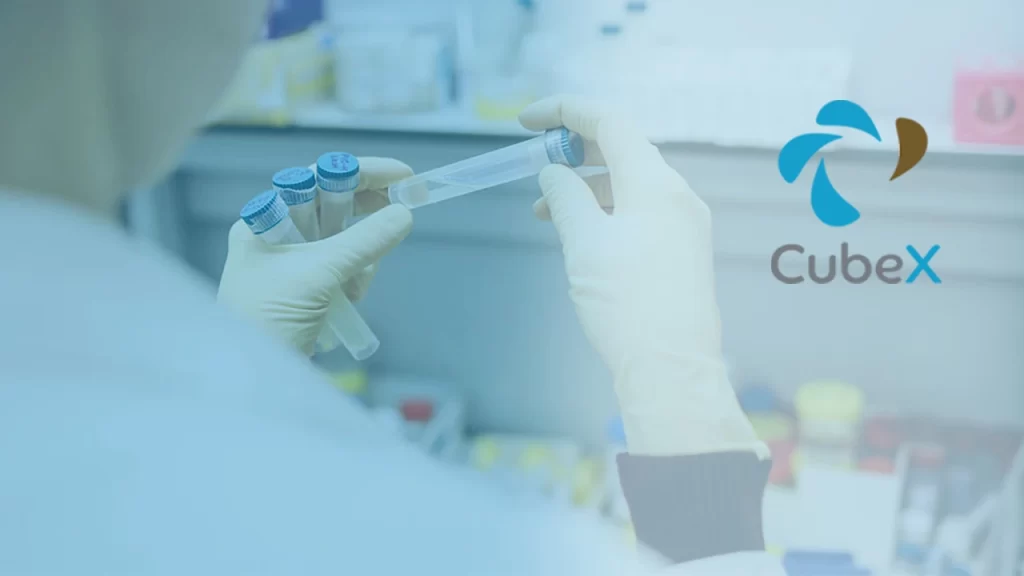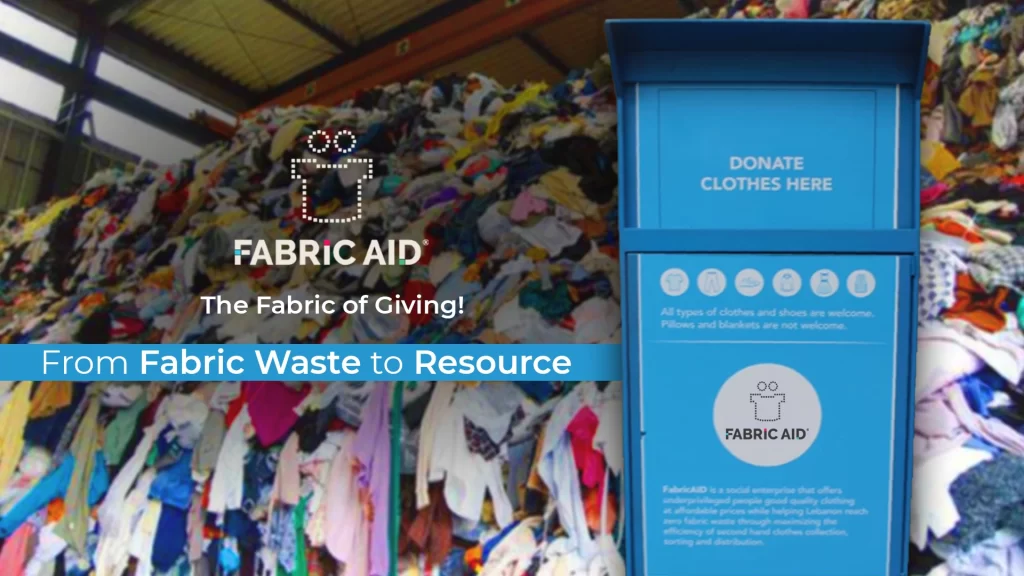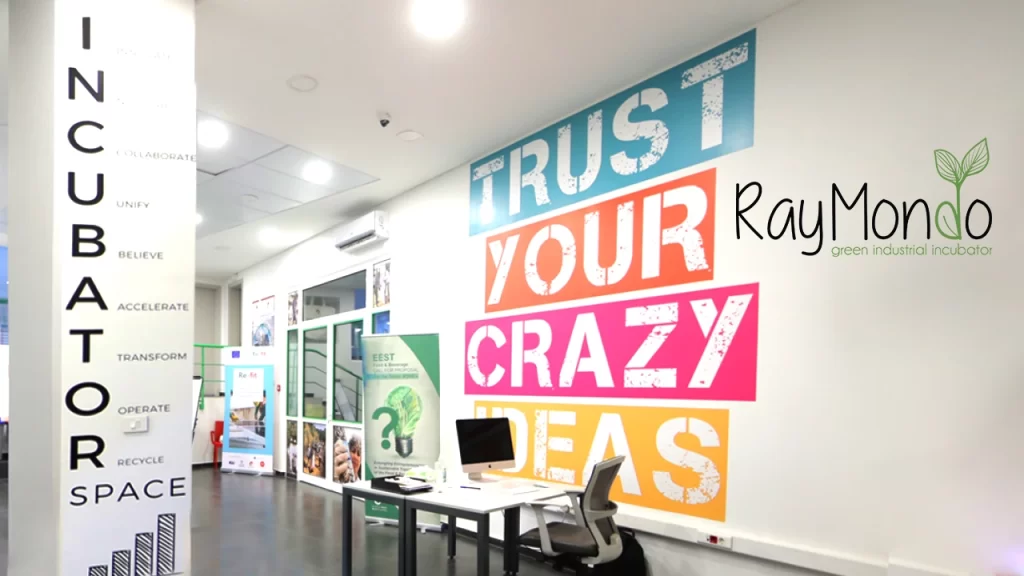
Daskara, Arabic for “Authentic Village,” is a nature, culture, and sustainable development guide for 1400 villages, almost remote areas, grouped in 1200 municipalities. Their information is linked with local and sustainable development project proposals by the community, to be crowd-funded through an app. The information is community-sourced. By documenting nature and culture and exploring Lebanon’s sustainable development project opportunities, the app will help local communities’ projects to flourish by being discovered and supported by the native citizens often emigrants who are very concerned about their village of origin.
Environmental, Economic, and Social Impact:
- Protecting wildlife and cultural values of native society
- Providing a global experience that travelers wish to pay for
- Benefiting local inhabitants through community empowerment
- Contributing to the local economic sustainable development by providing the community with non-consumptive revenue sources and fundraising for their project.
Interview with Daskara:
“Fondation Diane was the drive behind transforming my academic ideas into actual business opportunities that directly serve nature and promote harmony with the environment.” Dr. Salma talhouk Founder of “Daskara”
Project’s Presentation and History:
I conceived Daskara after conducting extensive participatory mapping with residents of a large number of villages in Lebanon. The idea was to map nature within the context of the village/town asset to be able to link spatially, culturally, and financially all the assets at the local and regional levels. Unfortunately, conventional maps and booklets had limitations and we needed to rely on digital technology to increase our impact and our reach.
How did the idea of a green business occur to you?
As an ecologist and conservationist, my impact will not be tangible if I do not embrace an entrepreneurship approach while implementing projects and reaching out to society.
How do you think green businesses can help Lebanon and its citizens?
Green businesses are an opportunity to be able to address some of the public service gaps not provided effectively by the government and to do so in innovative ways that increase the reach of those initiatives by making them win-win-win models that users can afford to buy into.
How did you become a green entrepreneur?
There is a lot of difference between a faculty member at a university and an entrepreneur in terms of how they plan and operate. In both cases, however, you need a clear vision, a team spirit, and a strong belief in what you are doing. I have successfully served as a faculty member since 1992, however, I engaged in entrepreneurship recently and am still learning how to become a green entrepreneur.
Do you have a message for future entrepreneurs?
Ideas and projects startups are the easy and exciting part of the process. Perseverance, openness, passion, and patience are what are needed for the business to thrive.
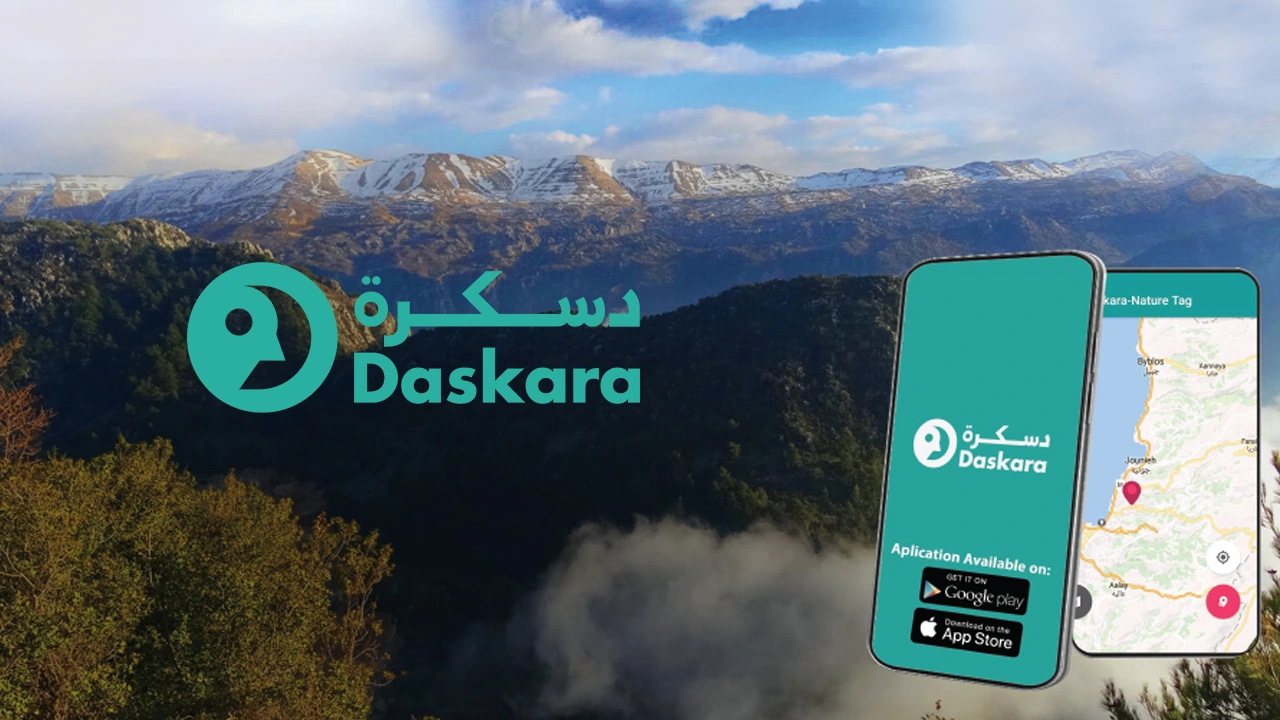
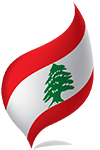 Civic Awareness & Eco-sustainable Development
Civic Awareness & Eco-sustainable Development